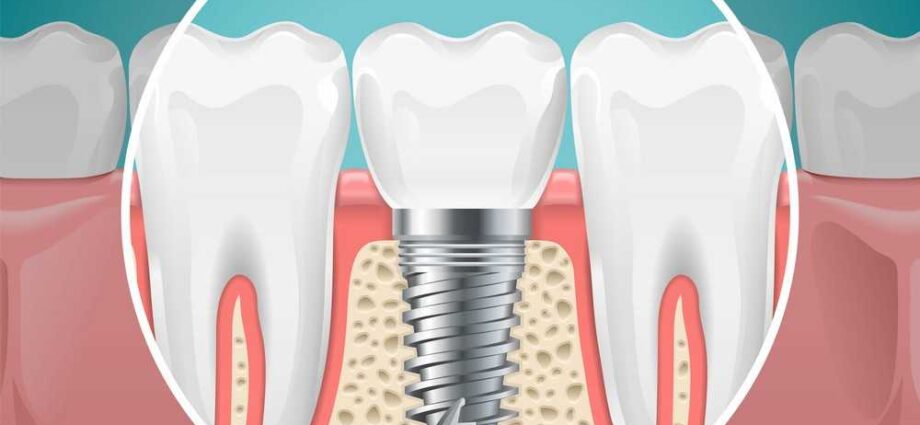Dental implants are a popular and effective solution for replacing missing or damaged teeth. They are small, artificial roots surgically placed into the jawbone to support one or more replacement teeth, such as a crown, bridge, or denture. Dental implants can be used by a family dentist in Fishers, IN, to treat a wide range of dental issues, including missing teeth due to injury, disease, or genetics.
Which dental implant is used for mild cases?
In mild cases, several types of dental implants may be used to replace missing or damaged teeth. These include:
- Endosteal Implants
These are the most common type of dental implants and are used to replace a single tooth or multiple teeth. They are made of small, cylindrical, or screw-shaped titanium posts that are surgically placed into the jawbone. Once the implant has healed, an abutment, or connector piece, is placed on top of the implant, which is then used to support the replacement tooth or teeth.
- Subperiosteal Implants
These are used when the jawbone is not deep enough to support an endosteal implant. They consist of a metal frame that is placed on top of the jawbone beneath the gum tissue. As the gums heal, they grow around the frame, supporting the replacement teeth.
- Mini Implants
These are similar to endosteal implants, but they are smaller in size and can be used to replace a single tooth or multiple teeth. They are also used when the jawbone is not deep enough to support a traditional endosteal implant. Mini implants are also known as mini dental implants and are a great option for those with a small jawbone or for people who want to avoid a surgical implant procedure.
- All-On-4 Dental Implants
This is a type of implant that is used to replace a full arch of missing teeth. It involves placing four dental implants into the jawbone, which are then used to support a full arch of replacement teeth. This method is also known as “teeth in a day.”
- Zygomatic Implants
These are used when the jawbone is not deep enough to support an endosteal implant. They are placed into the cheekbone, which provides a strong foundation for the replacement teeth.
Each type of dental implant has its own advantages and disadvantages, and the best option for each patient will depend on their individual needs and the condition of their jawbone.

